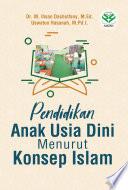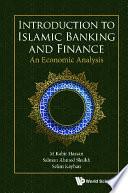A Lost Key to Prediction
Dating from antiquity, the doctrine of the Arabic parts has been virtually lost to Western astrological practice since the 17th century. In his book, Robert Zoller retrieves this valuable key to prediction and provides a clear and simple guide to its practical application. The Arabic parts enable the astrologer to investigate the “inner” meaning of the horoscope and thus to go beyond the “outer” aspects expressed by the arrangement of the planets, signs, and houses. The first section of the book explains how fate, or karma, can be understood through the parts and the esoteric nature of number. The second section includes a translation of the 13th-century Latin text on the parts by the famed court astrologer, Bonatti; this work includes the basic ninety-seven parts, dealing with all areas of life--from war, commodities speculation, and professional life to marriage and partnerships--in addition to the seventy-three parts from various medieval sources. In the third section of the book, the author illustrates the practical use of the parts in natal, horary, and mundane astrology. His understanding of the parts and their place in a comprehensive interpretation of any horoscope is presented with lucidity and insight , unraveling for the reader this fascinating and long-neglected astrological science.
The second section includes a translation of the 13th-century Latin text on the parts by the famed court astrologer, Bonatti; this work includes the basic ninety-seven parts, dealing with all areas of life--from war, commodities speculation ...










